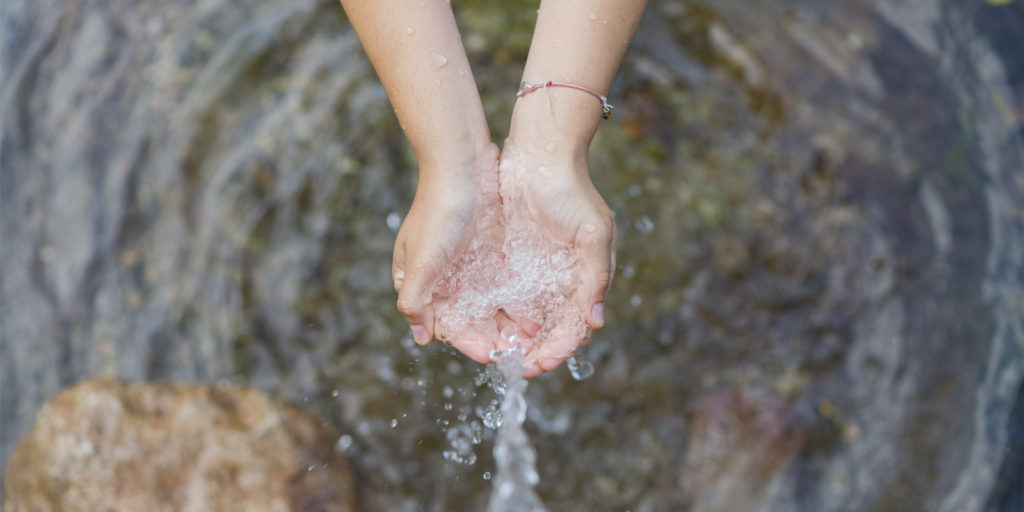Water is often taken for granted in developed countries where safe, clean water is readily available for drinking, cooking, or bathing. Unfortunately, this is not the case in many parts of the world. Communities in undeveloped countries like Liberia are living in ‘water scarce’ regions where clean water is hard to come by. In fact, over 783 million people in Sub-Saharan Africa are without access to a reliably clean source of drinking water, contributing to numerous social and health problems for people in these regions. In this article, read more about the benefits of clean water and find out how you can aid in the water scarcity crisis.

Importance of Having Access to Clean Water
The benefits of clean water are indisputable. Water is essential to life and provides many powerful health advantages in the following areas:
Hydration
The average adult body is made up of nearly 60 percent water. To help maintain a healthy balance of H2O, most health professionals recommend that you drink at least eight 8-ounce glasses of water a day. Water plays a vital role in health and wellbeing and without it, we would cease to exist.
Hydration has a direct impact on energy levels and brain function. Even mild cases of dehydration can impair cognitive function, resulting in side effects like headaches and impaired concentration. It also helps maximize physical performance. When too much water is lost, it can affect everything from body temperature to both physical and mental fatigue.
Maintaining optimal hydration can help prevent the side effects of dehydration and can reduce oxidative stress that occurs after heavy physical activity.
Cooking
Clean water is required for cooking, even if you plan to boil the water. There is a common misconception that boiling water purifies it. In reality, many contaminants in water cannot be eliminated from cooking.
Waterborne diseases commonly found in Africa and similar parts of the world are not as present in developed countries due to the implementation of sophisticated water treatment systems that filter and chlorinate water. That is why typhoid fever and many other diseases still run rampant in numerous developing countries across the globe.
Hygiene
Personal hygiene is often overlooked in Africa due to a general lack of clean water. If safe water can be found, it is often rationed for drinking, leaving hygiene practices by the wayside. Unfortunately, improper hygiene leads to the spread of illness and infection There are many diseases, such as diarrheal diseases, that can be easily spread via the face, hands, or body.
Many communities in Liberia and other areas also lack access to working toilets as adequate plumbing is not available. Without designated restrooms, these individuals are often forced to use the bathroom outdoors, which puts them at risk for assault and can contribute to the spread of bacteria. Additionally, many communities are unable to bathe or brush their teeth without risk of being exposed to harmful bacteria.
Learn More About the Benefits of Safe Water
When people in developing countries are able to gain access to safe, clean water, it can literally transform lives. People are able to maintain a better level of health and wellbeing, as well as practice proper hygiene and sanitation methods. Parents are able to spend more time working and children can remain in school to receive a proper education that benefits them well into the future.
Clean water, in combination with proper hygiene and sanitation, are essential measures for reducing poverty in countries like Liberia. To learn more about the benefits of clean water or to see how you can get involved with this important cause for communities in Africa, contact The Last Well today.







